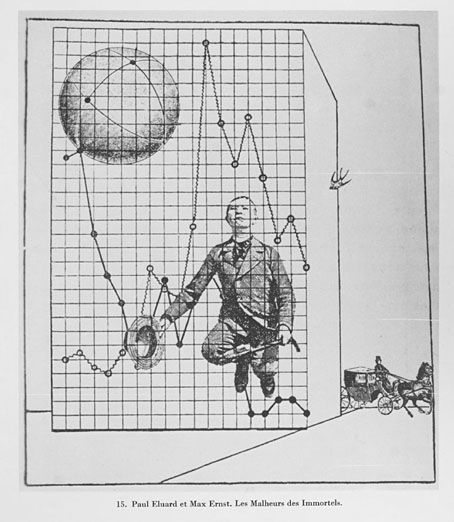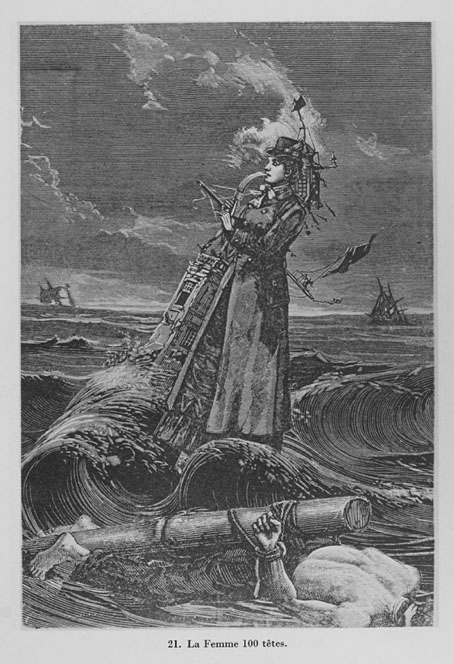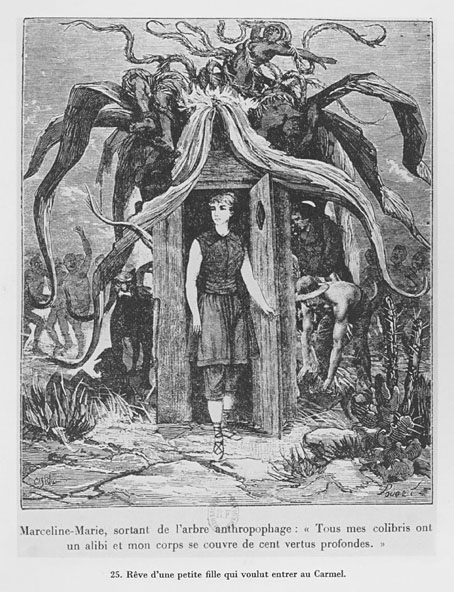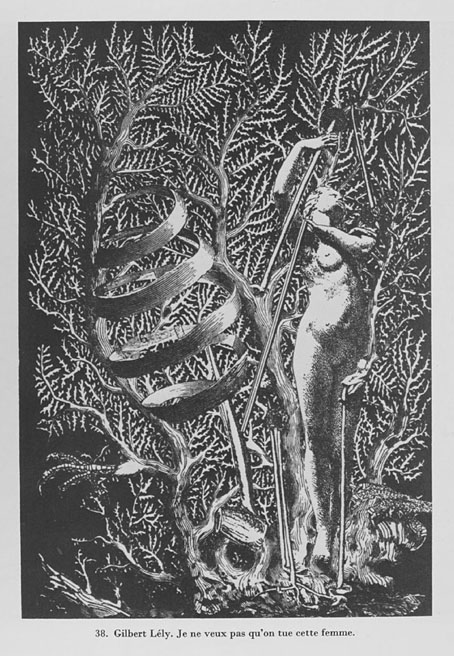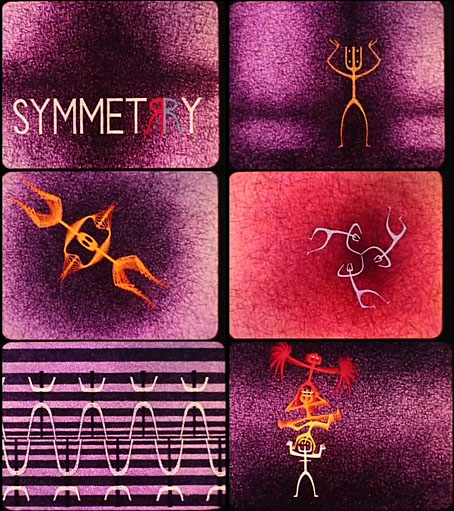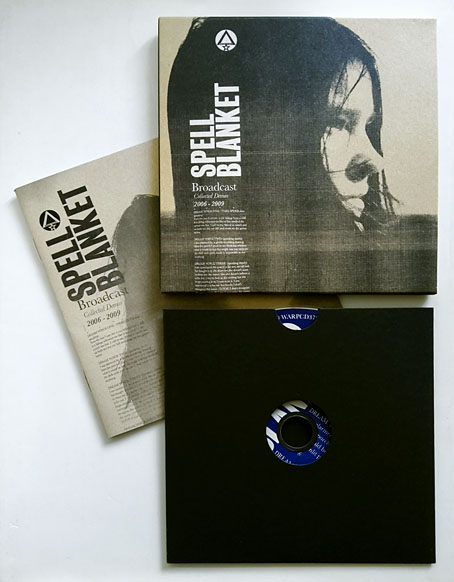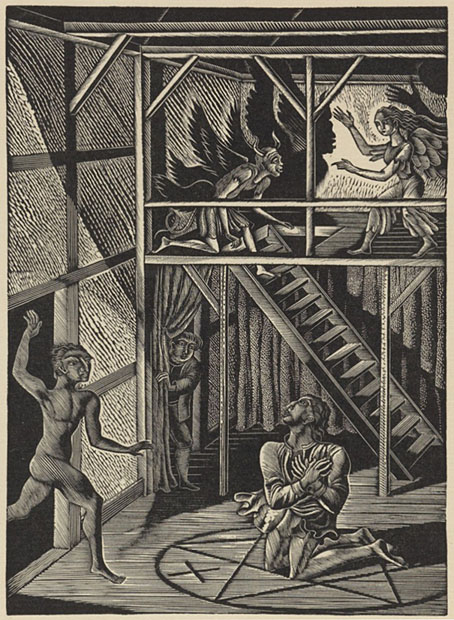Symmetry (1966) is a PIF (public information film) by Philip Stapp (1908–2003), an American animator who made a number of other films in this vein while also working on group projects like the Halas and Batchelor adaptation of Animal Farm. Orson Welles used to compare actors to cherry pickers: they all follow the harvest. The same might be said about animators, many of whom have to work on advertising films instead of any personal projects they may be nurturing. PIFs would seem to offer more creative freedom to judge by this example which wordlessly demonstrates different types of symmetry using animated figures. Stapp animated the film with Jean Williams. The music was by Gene Forrell.
Month: May 2024
Spell Blanket
Design, as before, by Julian House.
The trees full of new leaves
offering green tears to the earth
to be picked and split
for the tell of green of
what’s fair and unfair
and between the twigs, cassette tape drapes
his silent songs let melody
loose in layers of heartache
The trees are indeed full of new leaves just now. The lyrics for I Want To Be Fine, one of the songs on Spell Blanket, twine into a different shape the words which had earlier appeared as half of Royal Chant on the Broadcast and Focus Group album, Witch Cults Of The Radio Age. Spell Blanket has been a delightful surprise, or a pair of surprises, the first being the CD packaging which emulates the facsimile vinyl sleeves that the Japanese love so much. If people are going to keep releasing CDs then this is the way to go. As for the music, demos are seldom very promising material, the kinds of things that appear as bonus tracks on reissued discs. I’d have bought this one anyway but didn’t expect it was going to be so good or sound so finished in comparison to the demos offered by Stereolab, for example, on their recent album reissues. James Cargill apparently took his time preparing the material for Spell Blanket and its companion collection, the yet to be released Distant Call. His care shows in the sequencing which balances very short sketches with longer compositions to create a collection that feels closer to a proper album than I expected. The general tone is light and unavoidably poignant when you know that these are among the last songs we’ll hear from Trish Keenan. Will Salmon reviewed the album for The Quietus.
Previously on { feuilleton }
• Through The Gates Of Yesterday
Weekend links 724
Dr Faustus Conjuring Mephistopheles (1928) by Eric Ravilious.
• Materialising in July from a cloud of sulphurous smoke: The Devil Rides In – Spellbinding Satanic Magick & The Rockult 1967–1974. Cherry Red Records, home of the well-sourced, well-researched multi-disc compilation, might have been channelling my inner desires with this one, a Sabbath-esque soundtrack to the Occult Revival. I ordered it faster than you can say “Hail Satan!”
• A Series of Headaches: Shakespeare’s First Folio meets the London Review of Books. “In this film, letterpress printer Nick Hand pulls apart the whole process, from making ink from crushed oak galls to heaving the levers of a replica Jacobean press, and shows how we produced our own (almost) authentic version of the LRB circa 1623.”
• Alan Moore will be subject to greater attention than usual in October. In addition to the forthcoming Moon and Serpent Bumper Book of Magic, the month will also see the publication of The Great When, the first novel in his Long London series. Bloomsbury now has cover art to go with their description of the novel.
• Mad Dogs & Englishmen: Faust On Virgin Records: An extract from Neu Klang: The Definitive Story of Krautrock by Cristoph Dallach, “the first comprehensive oral history of the diverse and radical movement in German music during the late 60s and 1970s.”
• Alien life is no joke: Adam Frank on combating “the giggle factor” in the search for extraterrestrial life.
• At Colossal: Lauren Fensterstock’s Cosmic Mosaics Map Out the Unknown in Crystal and Gems.
• New music: Ritual (evocation) by Jon Hopkins; Time Is Glass by Six Organs Of Admittance.
• At Unquiet Things: The Gentle, Jubilant Visual Poetry of Tino Rodriguez.
• At Retro-Forteana: Colin Wilson, Philosopher of the Paranormal.
• DJ Food on Jeff Keen’s Amazing Rayday Comic collages.
At Dennis Cooper’s: Alan Clarke Day.
• Krautrock (1973) by Faust | Krautrock (1973) by Conrad Schnitzler | The Kraut (2007) by Stars Of The Lid
Max Ernst, estampes et livres illustrés
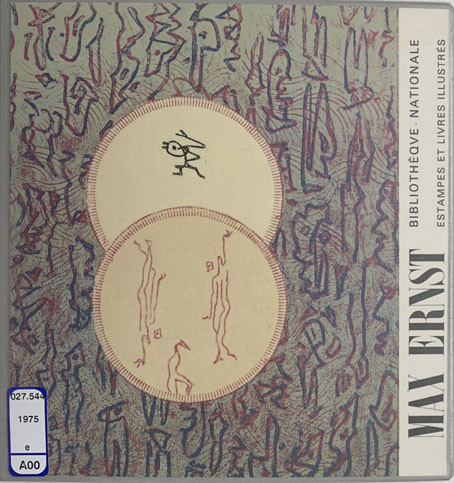
And speaking of Max Ernst… These are pages from a catalogue for a exhibition of Ernst’s prints and book illustrations held at the Bibliothèque Nationale in Paris in 1975. Ernst was such a versatile and prolific artist that any collection can only show a small sample of the available work which here ranges from Dadaist collages and Surrealist frottages, to pages from his three collage novels plus later works like Wunderhorn which featured illustrations based on the writings of Lewis Carroll. Some of the captions erroneously assign collages from Une semaine de bonté to La femme 100 têtes, not the kind of thing you expect from a national library. Several of the images towards the end are from Maximiliana or the Illegal Practice of Astronomy, an art-book that Ernst created in 1964 which features the curious hieroglyphic figures that proliferate in his drawings and paintings from this period. Peter Schamoni made a short film about the project which may be viewed here.
